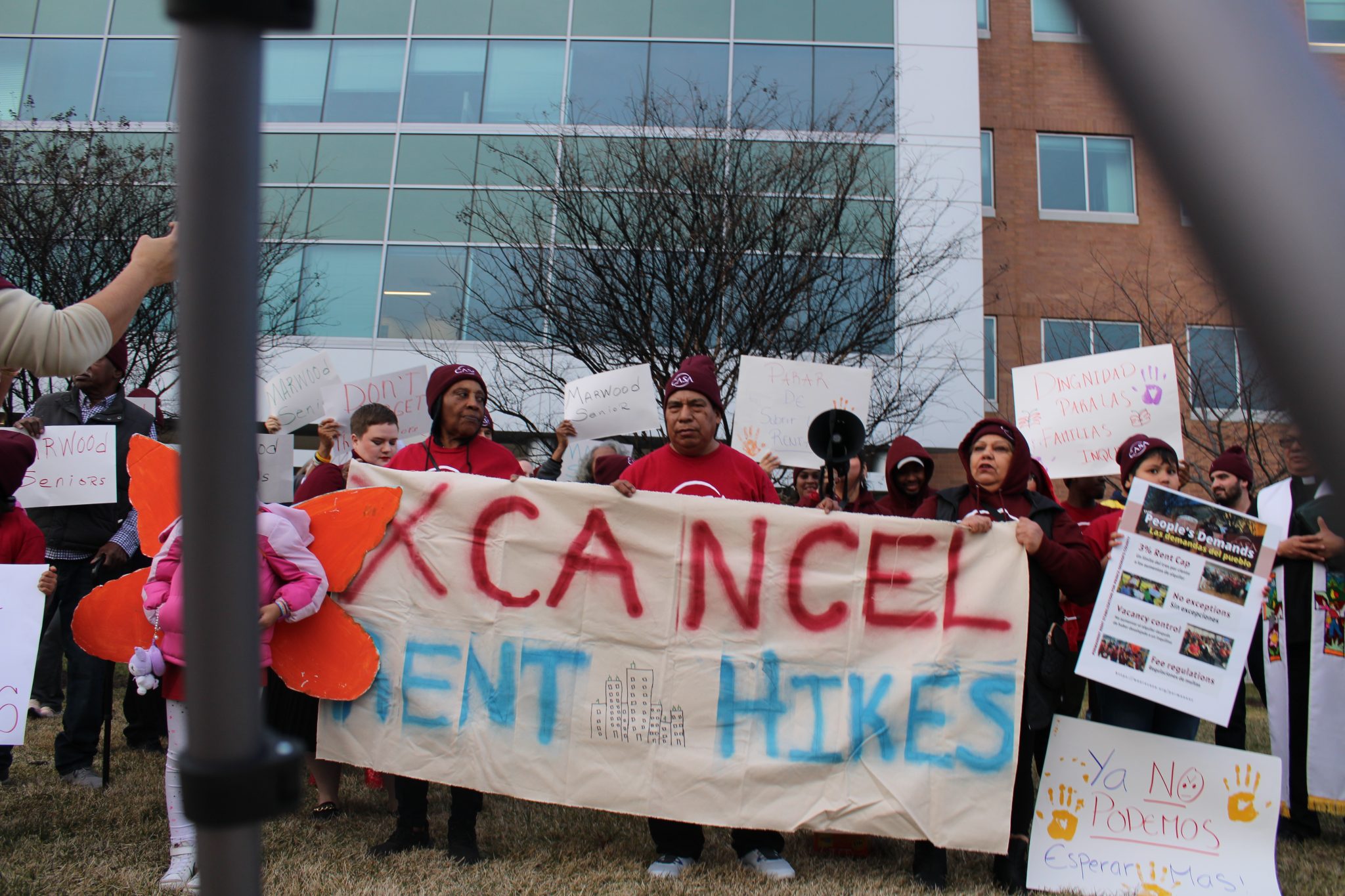Views expressed in opinion columns are the author’s own.
Last year, I joined the 62 percent of students who lived off-campus — free from the paper-thin walls and errant fire alarms of the dorms.
When I got to my apartment, I was met with the same issues, just a little farther away from campus and alongside higher rent. Work orders took forever and water didn’t get very hot. But the unit came with a free Nintendo Switch, so it was fine.
You’ll find some version of this story repeated again and again on student forums.
Prince George’s County tried to fix the cost issue with a temporary three percent rent cap, which is set to end next month.
In search of a more permanent solution, College Park lawmakers have also planned to institute policies to help make rent more affordable. The city council proposed a direct subsidy program designed to directly assist students, but many in the community are already rightfully concerned about the plan’s long-term impacts on local housing prices.
However, the subsidy plan is ineffective. Maryland is one of eight states that directly allows for local rent-capping laws, so the council should use this power to institute a dynamic limit on what landlords can charge.
For a guide on how to accomplish this, they only need to look five miles down Route 1 to the city of Mount Rainier. Besides having one of the coolest flags in the country, the town modeled effective rent control legislation by restricting landlords from raising their rent by more than 60 percent of the consumer price index every year.
The index measures economic inflation. Basically, landlords in Mount Rainier can’t raise their rent prices outside of what’s reasonably affordable for residents. This could enable many of Mount Rainier’s residents, more than three-quarters of whom are renters, to stay in their units if they couldn’t otherwise.
Washington, D.C., also has a rent cap based on the regional index that changes yearly. Their city council voted to institute the cap as a compromise between tenants and landlords, who both struggled with inflation.
The district’s emergency rental assistance program — a subsidy program that provides money to citizens struggling with payments in the short term — had already run through its budget halfway through the last fiscal year. College Park should learn from this.
Prince George’s County’s aforementioned bill was also technically updated in years past, but a new bill had to be created with a different fixed rate. It’s expiring soon, but protesters and community groups are pushing the council to pass a permanent version of the bill.
But not seizing the opportunity to pass an index-based rental cap would be a grave mistake. Inflation has skyrocketed in the past year and it’s become apparent to renters that any bill requiring yearly approval isn’t sustainable. Instead of tweaking it for inflation and re-passing it every year, the council should have the number automatically scale like it does in Mount Rainier.
Any form of a rent cap is more effective than the proposed subsidy program. Aid recipients would need to be federal Pell Grant recipients under the council’s pilot version of the plan, but it is difficult for the university to give that information to the city due to education privacy laws.
The city wouldn’t need to obtain this information if they went with the straightforward option and instituted a rent-increase cap, and they could avoid all of this by finding a more effective way to support student renters.
The subsidy plan is great for landlords, though. It would keep residents placated while not requiring any real changes in their behavior. In fact, landlords could simply raise rent and watch the city try to keep up with ever-increasing subsidy amounts.
The game ends when the program runs out of money or landlords run out of greed. This is a losing position for the council, and is disastrous for tenants.
With the clock ticking on the county and student tenants beginning to unionize, the College Park city council could avoid a lot of headache if they get ahead of this now. It should model its rent stabilization plan after Mount Rainier’s and make it permanent.
Most rental situations aren’t so bad that the complaints against them fill a whole subreddit. The city knows what students are dealing with, and if it’s really willing to help, they will stand up to landlords and impose an index-based rent cap.
CORRECTION: A previous version of this story misstated that this university is legally prohibited from giving information about federal Pell Grant recipients. This university still has means to give out this information, but it is limited by the Higher Education Act and the Family Educational Rights and Privacy Act. The story has been updated.
Joey Barke is a junior government and politics and journalism major. He can be reached at joey@terpmail.umd.edu



